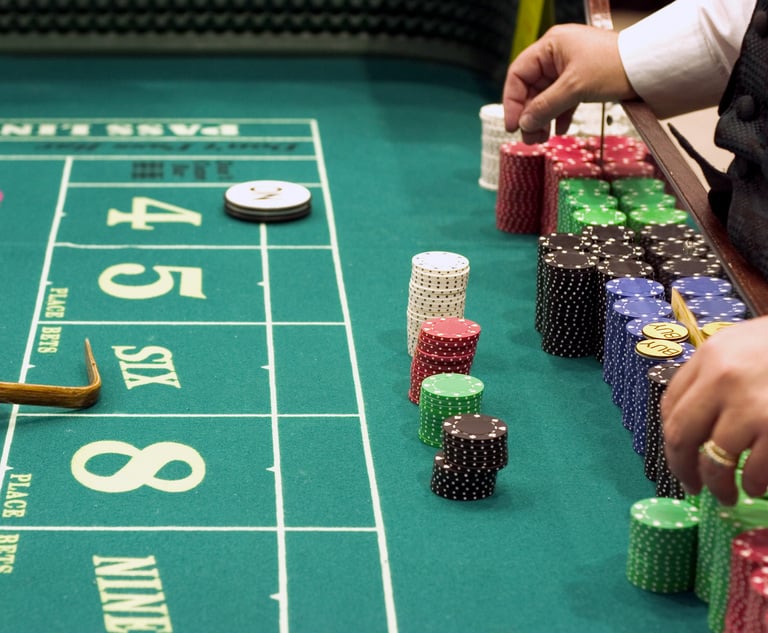Our jurisprudence has long recognized that minors are different from adults in terms of the degree of their culpability for crimes they commit. For example, in 2005, the U.S. Supreme Court ruled that juveniles under 18 years old at the time of their capital crimes cannot be executed. So ruling in Roper v. Simmons, 543 U.S. 551 (2005), the court noted that juveniles are different from adults in that their character “is not as well formed,” they are more susceptible to negative influences and outside pressures, and they are less mature and have an “underdeveloped sense of responsibility.” Their actions, said the court, may reflect “transient immaturity” and be less likely to be “evidence of irretrievable[e] deprav[ity].” In 2010, the court expanded its discussion of the relative culpability of juveniles versus adults, holding that a juvenile aged 18 or younger at the time of his or her non-homicide crime cannot be sentenced to life without the possibility of parole, Graham v. Florida, 560 U.S. 48 (2010). In 2012, the court expanded its bar on life-without-possibility-of-parole sentences to include juveniles who commit homicides. Miller v. Alabama, 567 U.S. 460 (2012). Graham and Miller both noted that developments in brain science and psychology show fundamental differences between juvenile and adult minds, especially in “parts of the brain involved in behavior control.”
With these precedents in mind, we read with interest the recent Appellate Division decision authored by Judge Jack Sabatino reversing a trial court decision that had upheld a prosecutor’s decision to “waive” a juvenile accused of aggravated sexual assault involving a minor from family court to criminal court to be tried as an adult. State in the interest of Z.S. (decided August 18, 2020). While this decision relies on procedural irregularities and does not cite the above constitutional authority, it appropriately recognizes and highlights the serious effect of requiring a juvenile to be tried as an adult, which in this case, if he is convicted, would subject this juvenile to a prison sentence of 25 years to life. The Z.S. decision notes that waiver of a minor to the adult court “is the single most serious act that the juvenile court can perform.” This is because in the adult court, “the child loses all the protective and rehabilitative possibilities available in the Family Part” and may be subject to a much more severe sentence including a lengthy term of imprisonment. Indeed, said the Appellate Division, a waiver is “so momentous that it has constitutional dimensions” requiring due process safeguards.


 Credit: Shutterstock.com
Credit: Shutterstock.com




